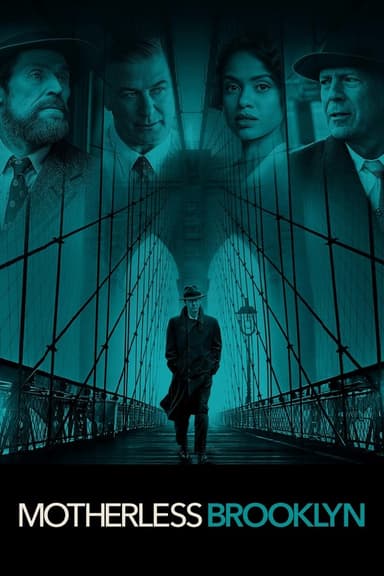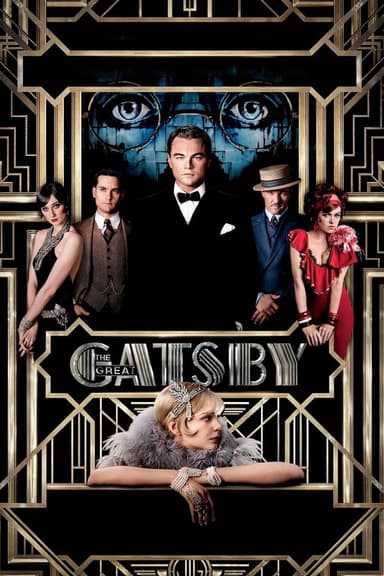
Youngblood Hawke
1964 • Drama • NR
An unknown Kentucky writer comes to New York and pursues fame and women.
Runtime: 2h 17m
Why you should read the novel
Dive into Herman Wouk’s expansive novel to truly experience the remarkable journey of Arthur Youngblood Hawke—a struggling Southern writer who battles the cutthroat world of publishing. The book offers much richer psychological depth, broader character development, and insightful critiques of literary ambition and fame than the film adaptation. Wouk’s storytelling immerses readers in Hawke’s personal struggles, romantic entanglements, and professional triumphs in ways only a novel’s detail can provide.
By reading the novel, you'll discover the complexities of Hawke's relationships, especially with his editor, and the vibrant backdrop of mid-century New York’s literary scene. The book goes far beyond the love story centerpiece of the film, offering a sweeping portrayal of ambition and moral dilemmas. Wouk’s nuanced prose and keen observations create a world that feels authentic, layered, and emotionally honest.
Choosing the book over the movie means gaining a much deeper appreciation for Hawke’s internal world, his flaws and aspirations, and the intricate forces at play in shaping a literary career. Let Herman Wouk’s eloquent narrative draw you into a story that explores not just success, but the cost and meaning of creative achievement.
Adaptation differences
One major difference between the film and the novel is the level of detail afforded to Arthur Youngblood Hawke’s inner life and motivations. While the book delves deeply into his thoughts, conflicts, and complex psychological development, the movie necessarily condenses his journey, focusing more narrowly on the external events and his romantic involvement with his editor, Jeanne Green.
Additionally, the novel presents a much richer cast of supporting characters, fleshing out the publishing industry and Hawke’s relationships in a way the film does not. Significant people who shape Hawke’s world in the book are either omitted or given minimal roles in the screen adaptation, creating a less nuanced social context.
Plot events are also streamlined for the film. Some key subplots—especially those that explore Hawke’s southern roots, family dynamics, and literary rivals—are trimmed or bypassed, which simplifies the story but sacrifices some of its intricacies and thematic richness.
Lastly, the novel’s themes of ambition, integrity, and the toll of fame are explored with much more subtlety and depth in Wouk’s prose. The movie, due to time constraints and cinematic conventions of the era, tends to emphasize melodrama and spectacle over the novel’s philosophical musings, shifting the focus from complex character study to romantic drama.
Youngblood Hawke inspired from
Youngblood Hawke
by Herman Wouk











